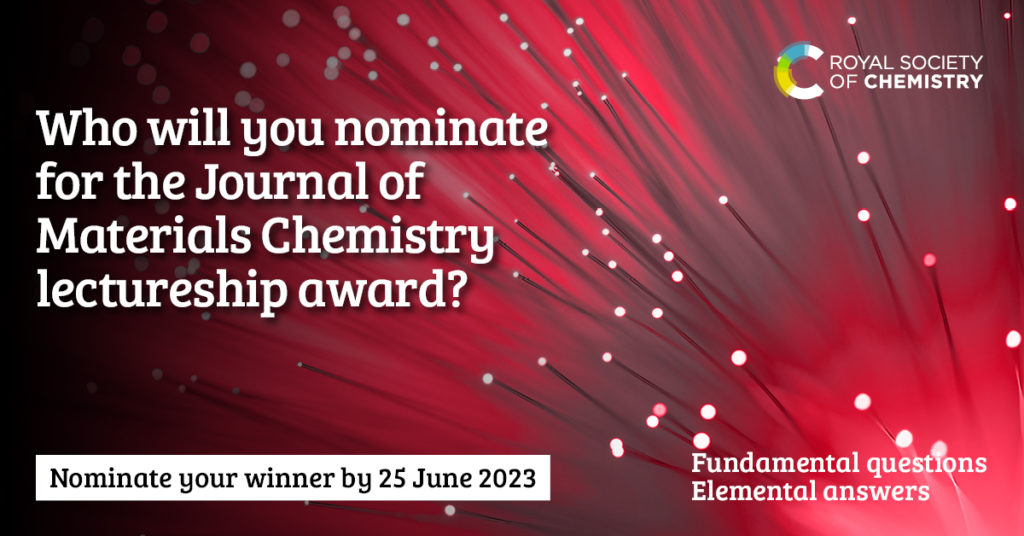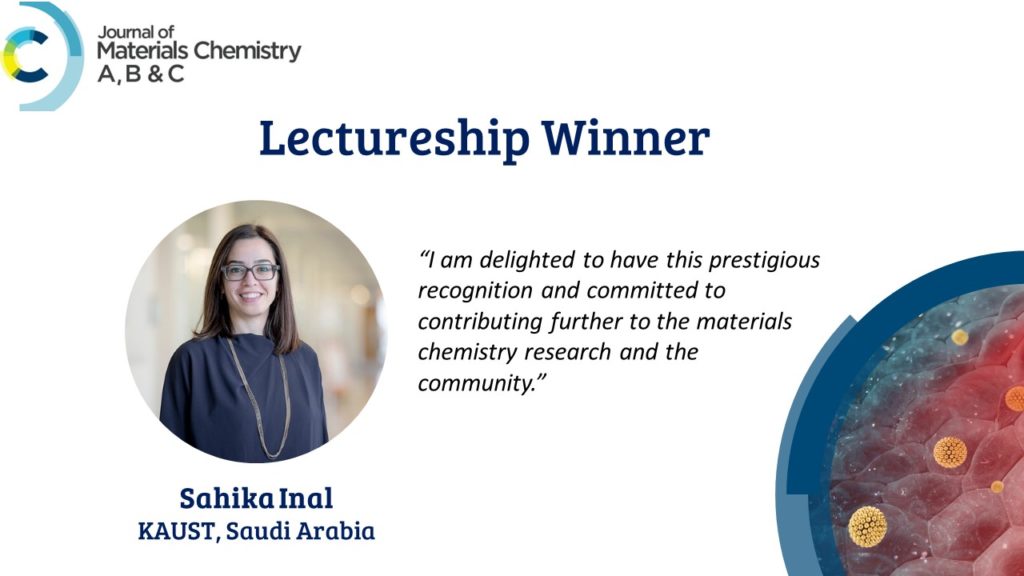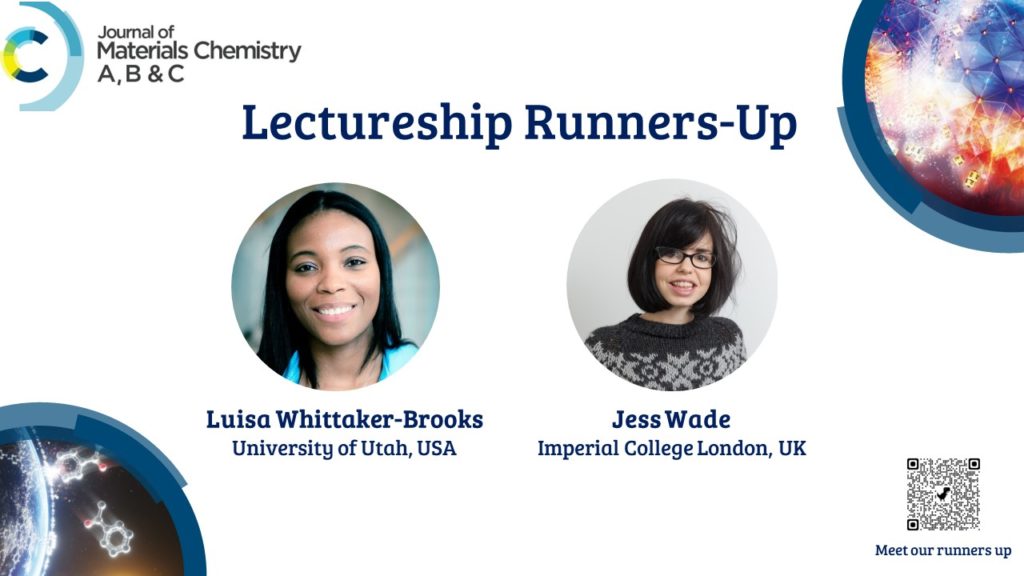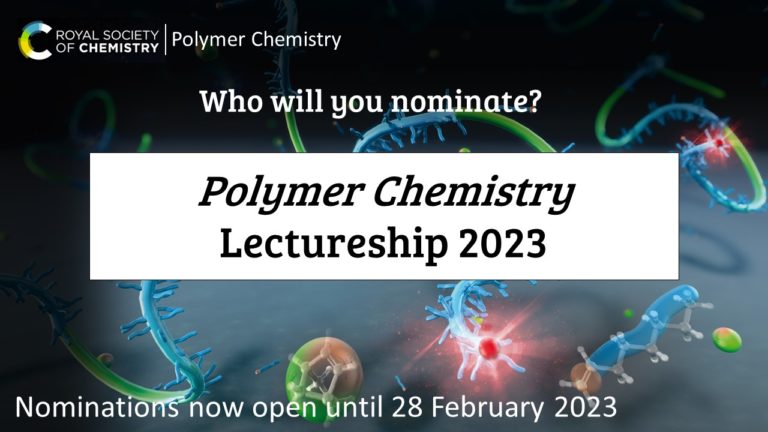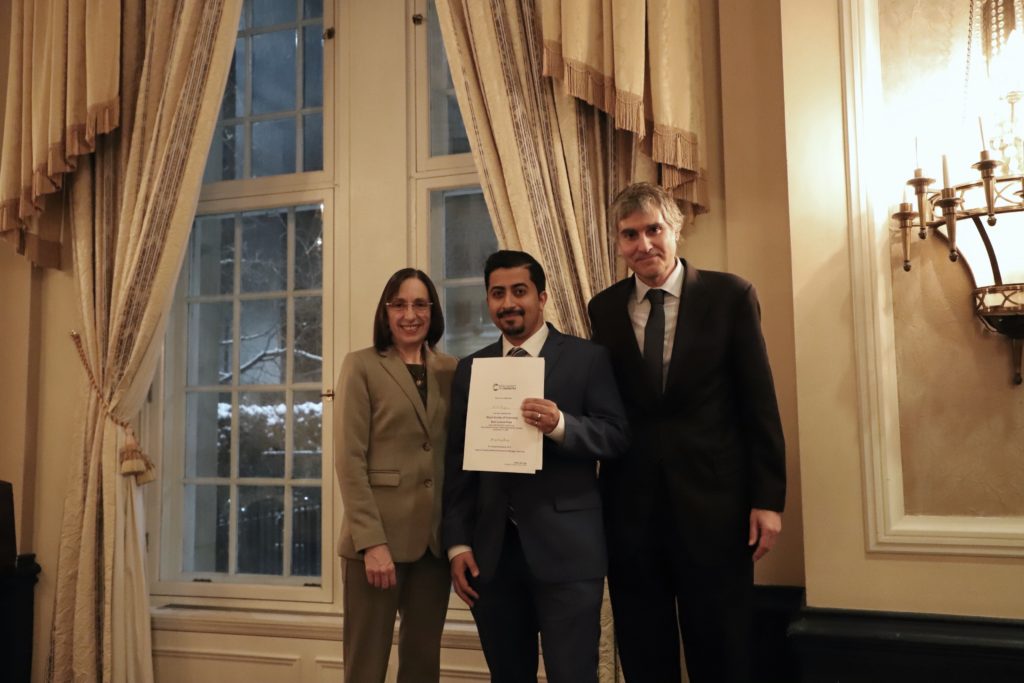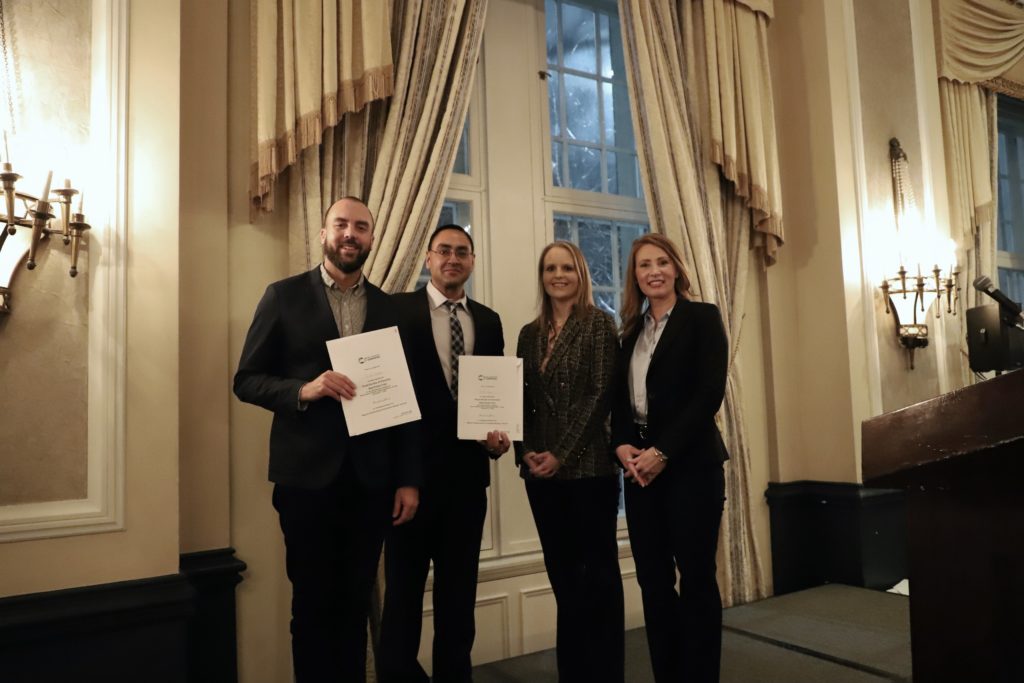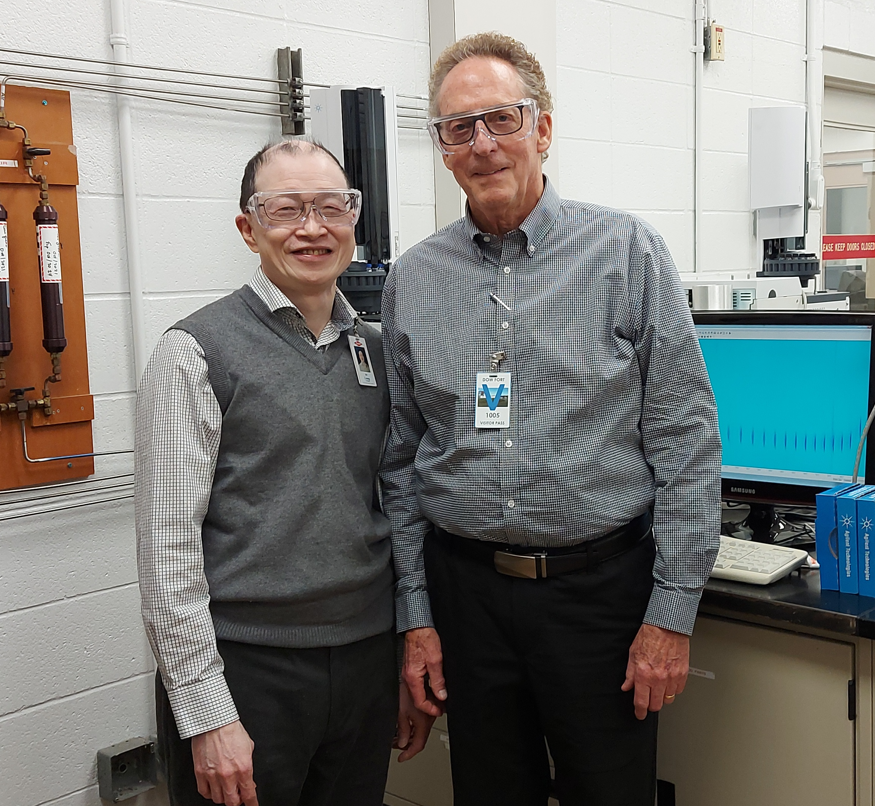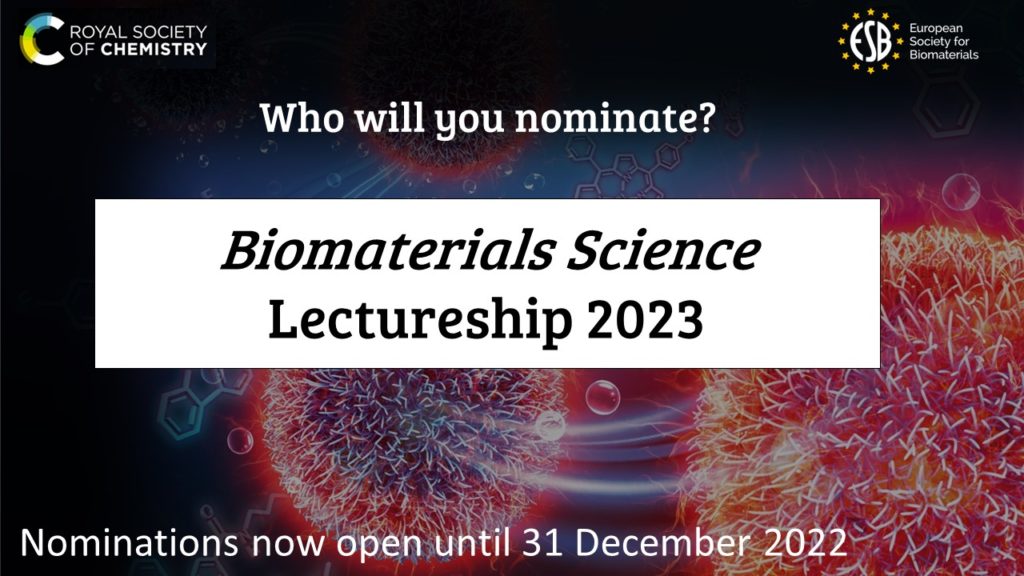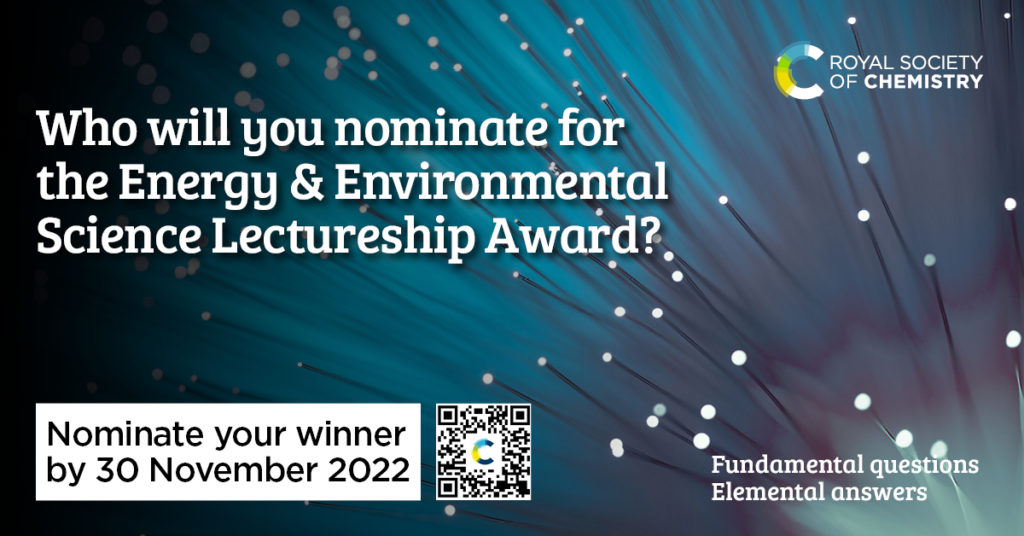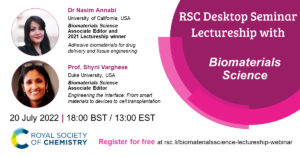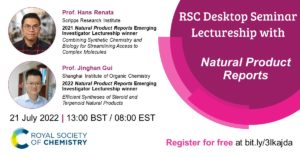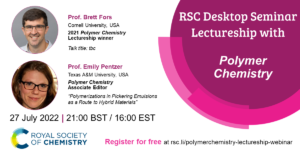Do you know of an early-stage researcher who is conducting groundbreaking work in the field of materials chemistry? If so, nominate them for the Journal of Materials Chemistry 2023 Lectureship!
The Lectureship, which has been given since 2010, is now open for nominations through June 25th, 2023. Winners will be announced in the autumn and will receive several awards:
- £1,000 to cover travel and accommodation costs to attend and present their work at a leading international meeting
- Free RSC membership for one year
- An invitation to contribute an article to one of the Journal of Materials Chemistry journals
- A complimentary cover for the issue in which the article appears
To be eligible for nomination, the candidate must have made significant contributions to the field of materials chemistry, have completed their Ph.D., be actively pursuing an independent research career, and be at an early stage in their career (typically within 10 years of completing their Ph.D., with appropriate considerations for those who have taken a career break).
For full details about the nomination process and to read about past recipients, click here to go to the Journals of Material Chemistry Lectureship webpage.


